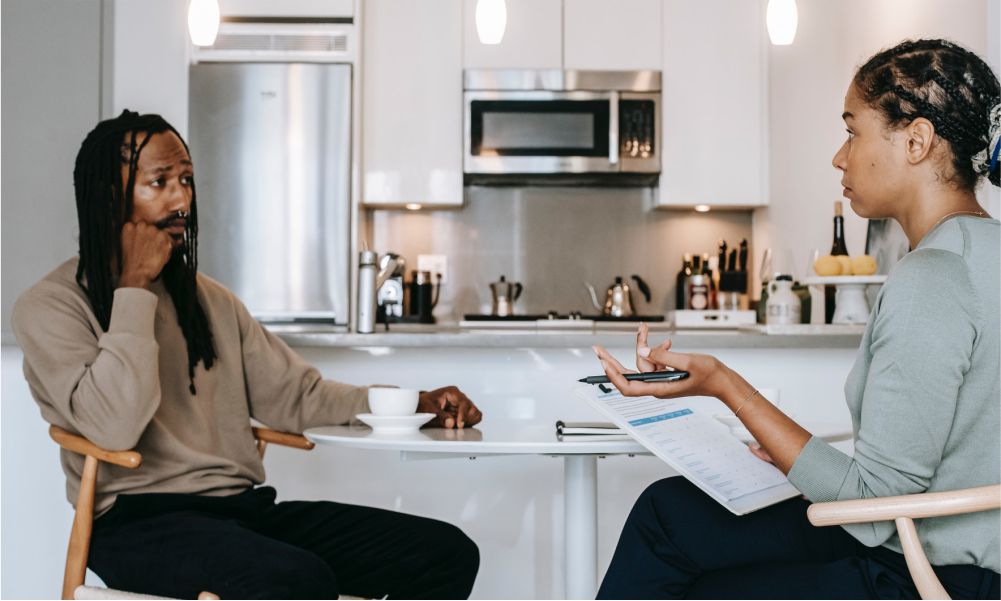
5 Tips That Will Make You a Better Listener
Listening is the act of concentrating and paying attention to action or sound. As simple as this might sound, how good are we at listening? Do we only hear what we choose to hear or do we listen actively with our ears, mind, and body while deciphering and comprehending information? At the end of the article, you should be learning five new tips to improve your listening skills.
The act of active listening can be the solution to so many communication errors in all phases of our lives. Imagine a world where parents actively listened to their children, children listened to their parents, leaders listened to their followers, couples mastering the act of active listening, or individuals like you and me being taught active listening in school. More than half of the problems of the world will be solved, if only we mind to know how to improve our listening skills. In addition, there will be less divorce rate, community conflict, and possibly fewer or no wars at all. The world will be a far safer place.
Mastering the skill of listening will not only help you communicate effectively professionally but also transform your relationships, friendships, and marriages.
Tips to Help You Improve Your Listening Skills
1. Practice Silence and Sound Exercise
With so much noise around us, paying attention to every single sound or concentrating during a long conversation has proven difficult. Practising listening to the silence and sound exercise every morning for five minutes will help sharpen your listening concentration before you start the day.
Silence Exercise
Get a quiet spot. Sit calmly and listen to the silence. Listen to yourself. Reset your ears to hear the quiet and stillness.
Sound Exercise
Every day, for a minimum of five minutes, pay attention to the sounds around you. Pick individual sounds out. This can be the sound of water running from the tap or the wind blowing or even the sound of you brushing your hair. This is a great way to start the day especially if you look forward to having a conversation or meeting. This will help you concentrate better during the session.
2. Face the Speaker and Maintain Eye Contact
Paying attention during a conversation can be very tiring, particularly if you have a short attention span, you might drift off easily. To curb this challenging situation, you should look straight at the speaker with your whole body and maintain straight eye contact throughout the conversation.
Following their body movements and eye contact will keep you at the moment thereby, enhancing your concentration to listen actively.
3. Visualize What the Speaker Is Saying
Listening is the missing half of communication. We have two ears and a mouth solemnly for this reason; we cannot communicate effectively when we are not fully listening to the person talking. While listening, look deeper into what the party is listening to. Try to feel what the speaker feels. Listen to the real message that he/she is trying to communicate but is not saying out. Put yourself in their shoes and picture every word they are saying and every circumstance or situation they are describing.
Also, pay attention to the nonverbal cues.
4. Ask Questions Only to Ensure Understanding
While you are supposed to be paying attention all through the conversation, make some gestures at short intervals to indicate you are listening. In fact, listening will demonstrate to the speaker you are in reality listening and present. When the speaker pauses during the conversation, ask clarifying questions only to ensure understanding. This will encourage the speaker to simplify further, thereby achieving the main aim of communication.
5. Don’t Impose Your Solutions
According to a research by Roland Barthes,
Listening can be understood on three levels: alerting, deciphering, and an understanding of how the sound is produced and how the sound affects the listener.
Roland Barthes
These stages of interpreting information while listening can differ from person to person. As a listener, you must keep a very open mind during a conversation. Do not interrupt or impose your judgments. Be attentive and relaxed even if you do not agree with the opinion of the speaker.
Taking a moment to decipher, understand and comprehend the message might shade more light on the matter. If you seem to have a different opinion after analyzing the message, give constructive feedback instead.
Conclusion
Listening, as straightforward as it might sound, is a skill most of us lack. We live in a world where listening will help us understand the other person and message, connect and build rapport, trust, and care.
Wikipedia 2019
Listening can be a useful skill for different problems, but it is essential to solving conflict, poor listening can lead to misinterpretations thus causing conflict or a dispute.
Make it a habit to actively listen. When you listen to yourself, you can listen to people better. True communication is listening. Finally, what method helps you listen better? Tell me in the comments section below. Thank you.
